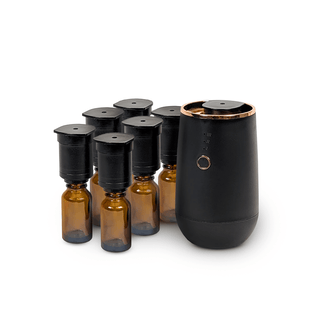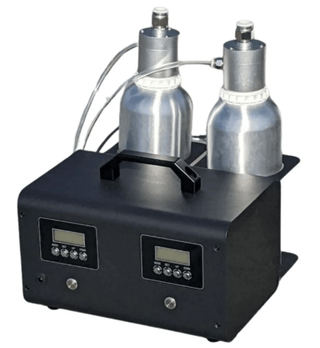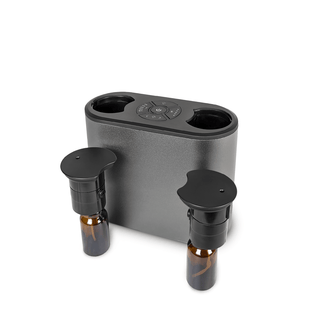

Smell and Think Better
CogniScent uses scent to improve psychology, mental health, and fight cognitive decline. Learn how science-backed scent therapy can boost thinking and well-being.
Whatever the space, we have an AUTOMATED solution!
Welcome to CogniScent!
At CogniScent, we believe in the transformative power of scent. Our mission is to enrich lives, elevate mental states, and create a vanguard for the mind through innovative olfactory therapy solutions.
We want to teach you what MEDICAL RESEARCH has done to :
- Improve or regain your sense of smell
- Improve cognitive scores by over 225%
- Enhance focus
- Relieve depression
- Increase balance
- Increase or suppress appetite
- Reduce pain
- Improve employee performance and satisfaction
The Importance of Our Sense of Smell
Our sense of smell is more than just a way to enjoy pleasant aromas. It is directly linked to the brain's limbic system, which controls emotions, memory, and behavior. Research by The University of Chicago has shown that declining olfactory function is a better predictor of five-year mortality than many leading causes of death, emphasizing the crucial role of olfactory health in overall longevity and cognitive well-being. Olfactory stimulation can significantly enhance cognitive functions, mood, and overall mental health. In fact, declining olfactory function can be an early indicator of Alzheimer's
disease, Parkinson's disease, and over 40 other neurological disorders.
What is Cognitive Scenting?
Cognitive Scenting is an innovative science-based approach that combines Aroma Therapy, Olfactory Training, and Environmental Enrichment to stimulate brain function and enhance cognitive health. This holistic method leverages the power of scents to improve memory, mood, and overall mental well-being
What is Olfactory Training?
Olfactory training leverages the power of scent diversification to stimulate brain function and improve cognitive health. This innovative approach enhances memory, mood, and overall brain function through regular exposure to various scents.
Cognitive Scenting activates the following regions of the brain:
Olfactory Bulb: Initial processing of odor information. Sends signals to other brain areas involved in memory and emotion.
Amygdala: Emotional processing and memory. Triggers emotional responses and stores emotional memories.
Hippocampus: Memory formation and spatial navigation. Critical for forming new memories and connecting them to emotions.
Orbitofrontal Cortex: Decision-making and sensory integration. Integrates sensory inputs with reward and decision-making processes.
Hypothalamus: Regulates autonomic and endocrine functions. Influences responses like hunger, thirst, and stress.
The evolution of Olfactory Training
It has been known since the 1980s that there is a link between our ability to smell and our cognition. In 2009, Dr. Thomas Hummel and his associates discovered that our sense of smell could be exercised like a muscle and even rehabilitated. This process is known as olfactory training. However, it wasn't until the COVID-19 pandemic, which caused many people to lose their sense of smell, that the medical community took a serious interest in this therapy.
The Impact of COVID-19
The COVID-19 pandemic highlighted how critical it is to keep our sense of smell healthy. Many people experienced a loss of smell, known as anosmia, which brought significant attention to the importance of olfactory health. According to a study, "OT can now be considered an established method for smell rehabilitation and support in developmental and aging processes engaging cognitive functions" (Pieniak et al., 2022).
University of California
Improved cognitive scores in seniors by 226% using this method!
University of California
Improved cognitive scores in seniors by 226% using this method!


































